It has been an alarming day in Tokyo as political terror returned to the streets of the capital. A man was arrested for throwing Molotov cocktails at the headquarters of the ruling party Jiminto (LDP) in the center of the city. The bombs hit a police vehicle and the resultant fire was soon extinguished.
Today’s attack marks the third time homemade weapons were employed
The man who threw the Molotovs, identified as forty-nine-year-old Atsunobu Usuda from Saitama, near Tokyo, then tried to drive his car into the grounds of the prime minister’s office, but he couldn’t get through the metal barrier. After that he tried to throw a smoke bomb at police. Then he was arrested. The man’s wrecked van was found to contain ten unused firebombs. Mercifully no one was hurt in any of this mayhem.
Usuda’s motivations are not yet known, but one rumor is that he is a member of an anti-nuclear protest group. Prime Minister Ishiba has recently announced that nuclear power, which he had once disavowed, would be a part of Japan’s energy mix. (“Obviously, nuclear energy needs to be utilized,” he said.) The always emotive and seemingly intractable nuclear issue has gained even more attention recently with the award of the Nobel Peace Prize to Japan’s Hibakusha (the survivors of the uranium and plutonium bombs dropped on Hiroshima and Nagasaki).
That is just a theory but, whatever Atsunobu’s motive, the attack is especially worrying as it comes just a week before a general election on October 27, called by the recently installed Ishiba. The PM, along with all of his parliamentary colleagues, will be out and about in the days leading up to the vote, and the security offered to the lawmakers on the stump, typically lax to non-existent, will now be a primary concern.
This attack may come as a shock to people who imagine violent crime is rare in Japan. Strictly speaking it is, but political violence is a different, and long, story. In 1932, Prime Minister Inukai Tsuyoshi was assassinated by naval officers in an attempted coup-d’état, and things went downhill from there. The post-war period saw a recovery of sorts but at the start of the 1960s things were so febrile that President Eisenhower’s “goodwill” visit to Okinawa had to be canceled because his safety couldn’t be guaranteed. In 1960, Shinzo Abe’s grandfather, also a prime minister, was stabbed six times by a right-wing extremist as he left his official residence.
In the 1970s, there were kidnappings by a group led by Yukio Mishima, a writer and actor. The 1980s and 1990s saw sporadic incidents such as the murder of a journalist from the Asahi Shinbun in 1987, and the shooting of the mayor of Nagasaki city in 1990, both attributed to far-right extremists. In 1995, the subway attack by the Aum Shinrikyo cult claimed fourteen lives.
We may now be seeing a new trend in political violence. Today’s attack certainly has some similarities to two recent incidents. In 2022, Abe was assassinated by a man who didn’t like the former premier’s ties to the Unification Church. He was shot in full view of a crowd with a homemade shotgun. Last year, Ishiba’s predecessor Fumio Kishida survived a makeshift pipe bomb being thrown at him at a speaking event in Wakayama.
Today’s attack, then, marks the third time homemade weapons were employed, with the target seemingly being the LDP leadership. Japan’s strict gun laws and the difficulty of acquiring weapons, especially in a country with no standing army, seems only to have inspired would be assassins to indulge in a little DIY.
Brazenness and a reckless desperation are also becoming themes. The man who shot Abe clearly expected to be arrested, as did the man involved on the attack on Kishida and in today’s incident. There was little attempt at disguise and only a token attempt at flight. In each case, including today, the attacker has remained silent after their arrest.
All three (today is to be confirmed, but it seems so) have been “lone offender” attacks. “Lone offenders” are being cited as the top priority for the security forces tasked with keeping politicians safe. But as these sorts of threats are the most difficult to predict or guard against, there will be a considerable amount of nervousness in the lead-up to the election in eight days’ time.
And you thought the US election was dramatic.
This article was originally published on The Spectator’s UK website.



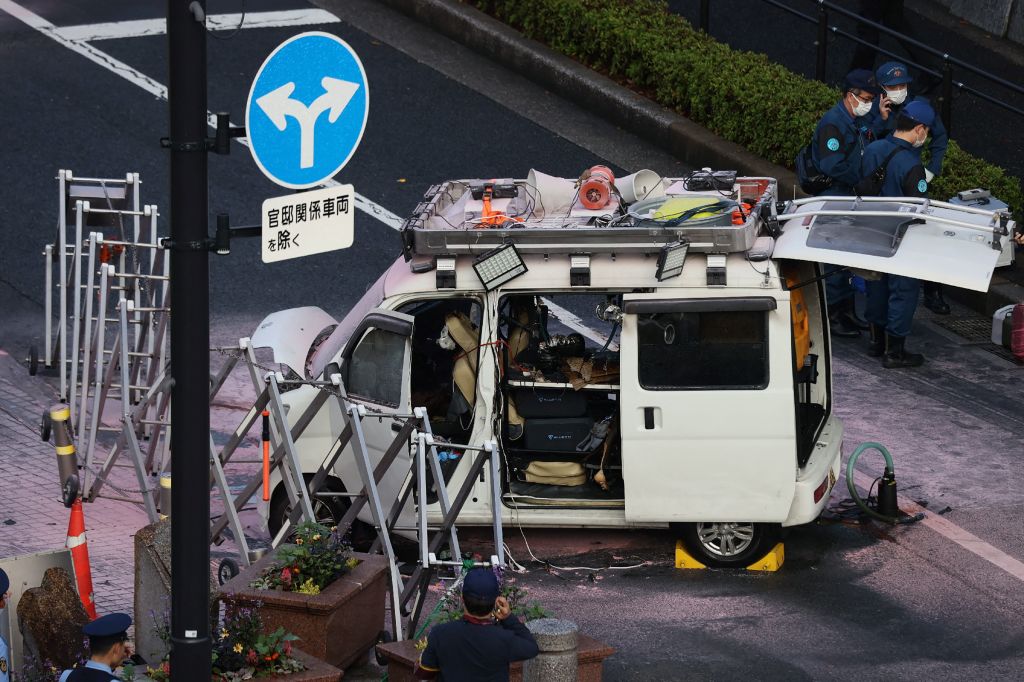






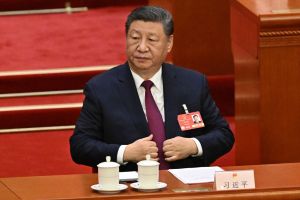
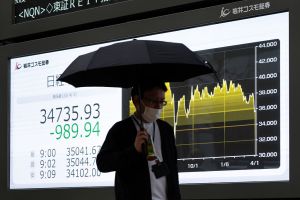

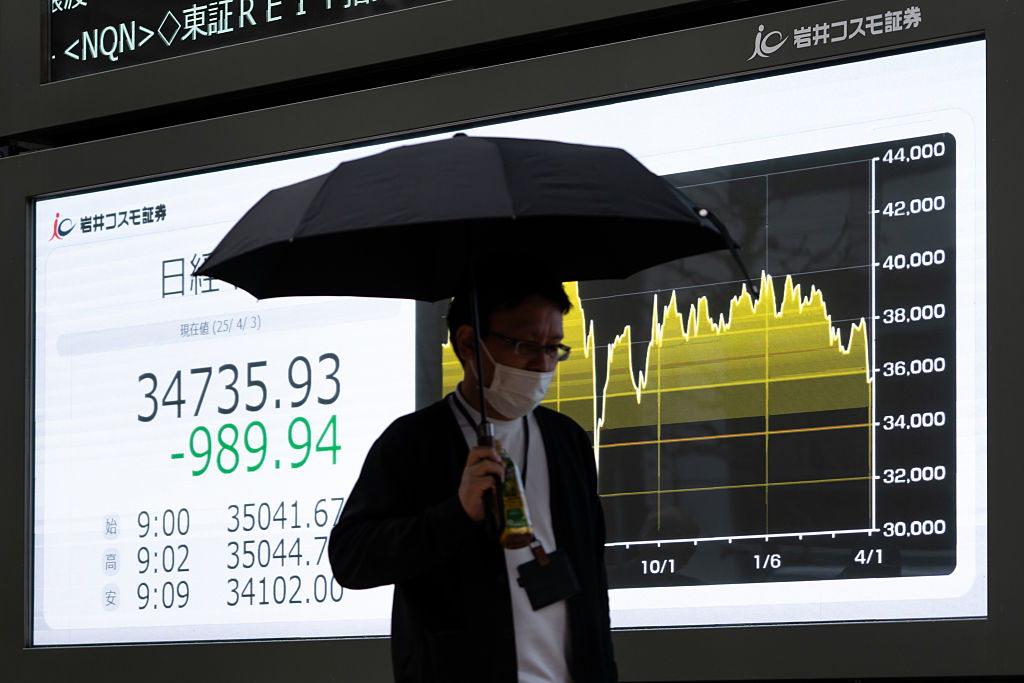
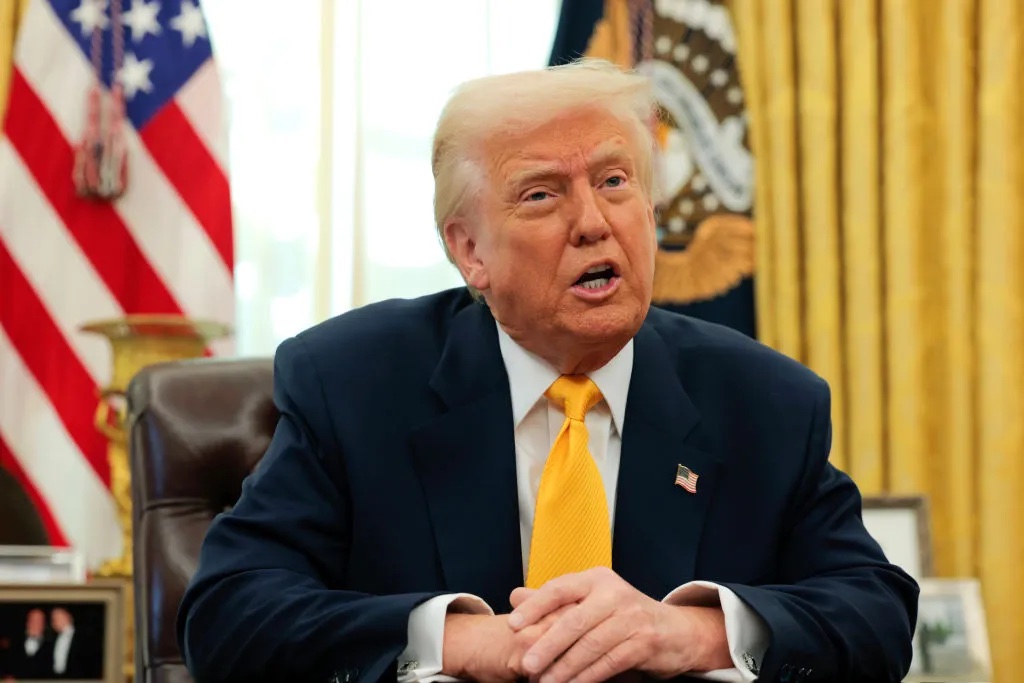
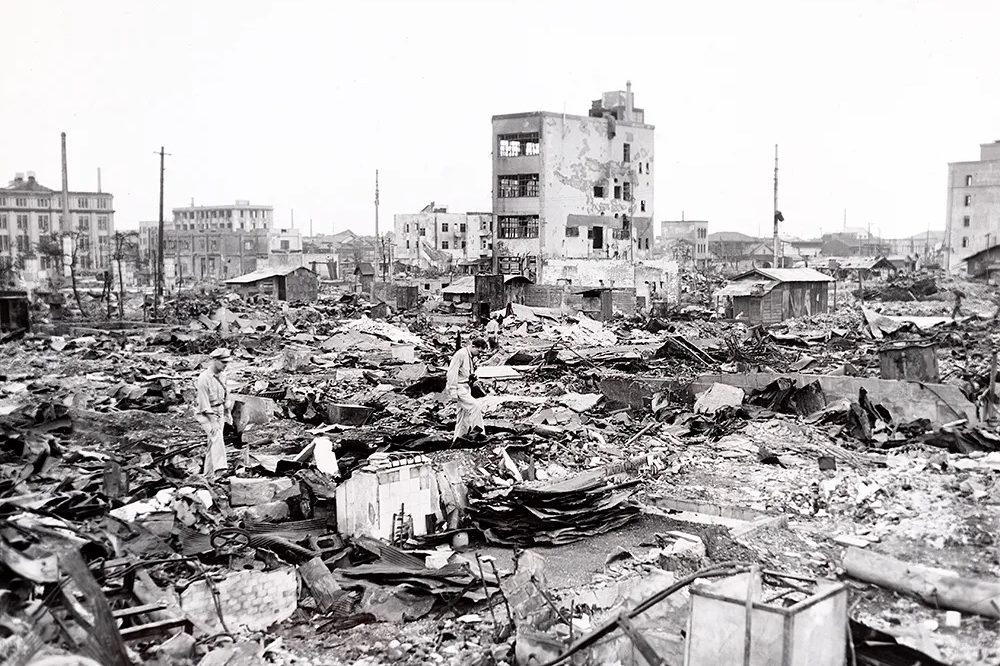
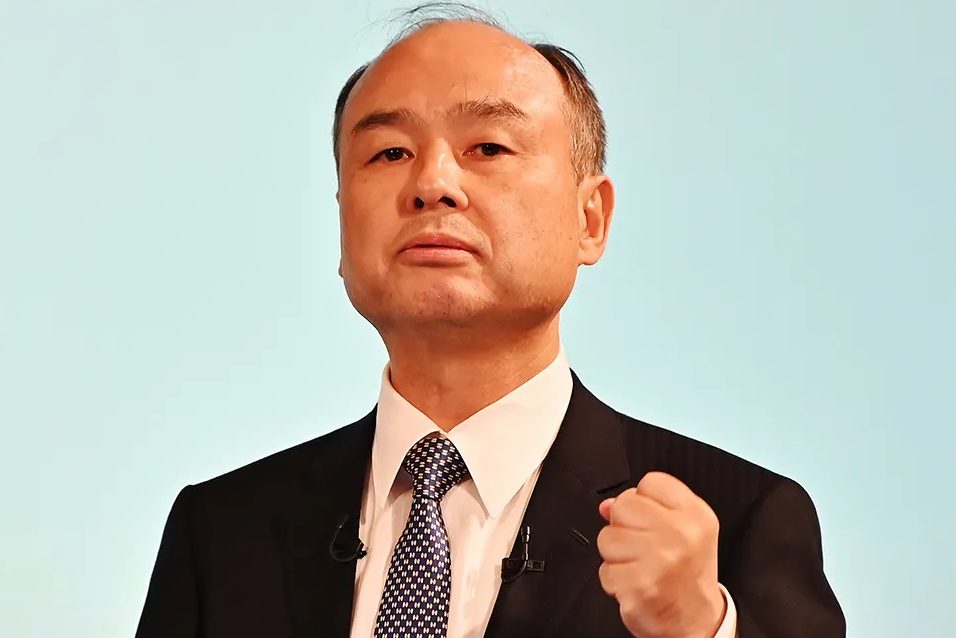
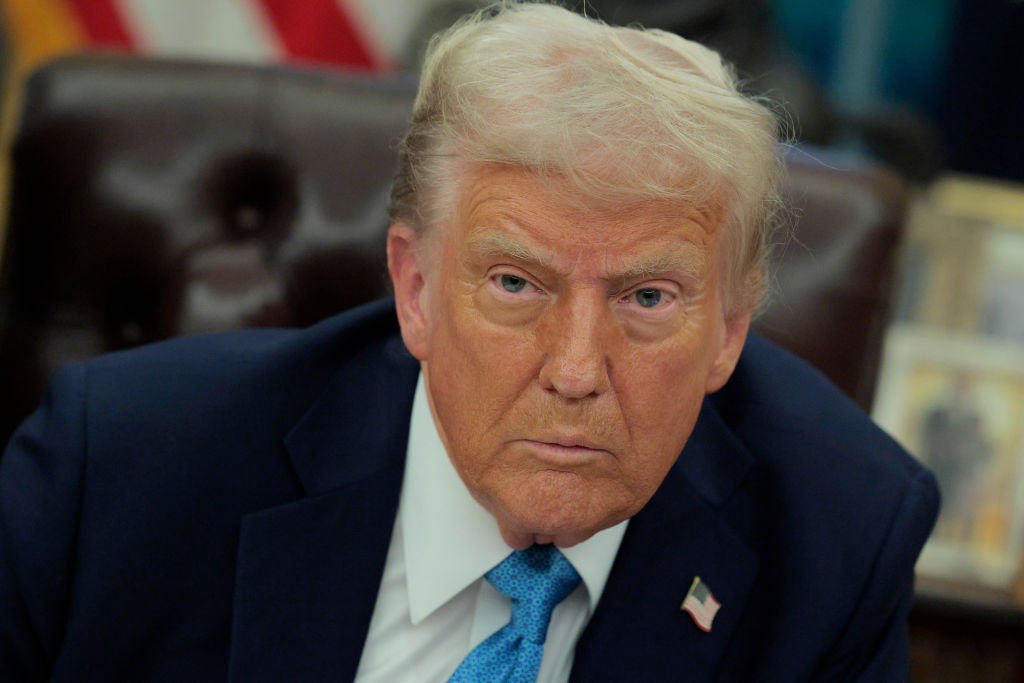
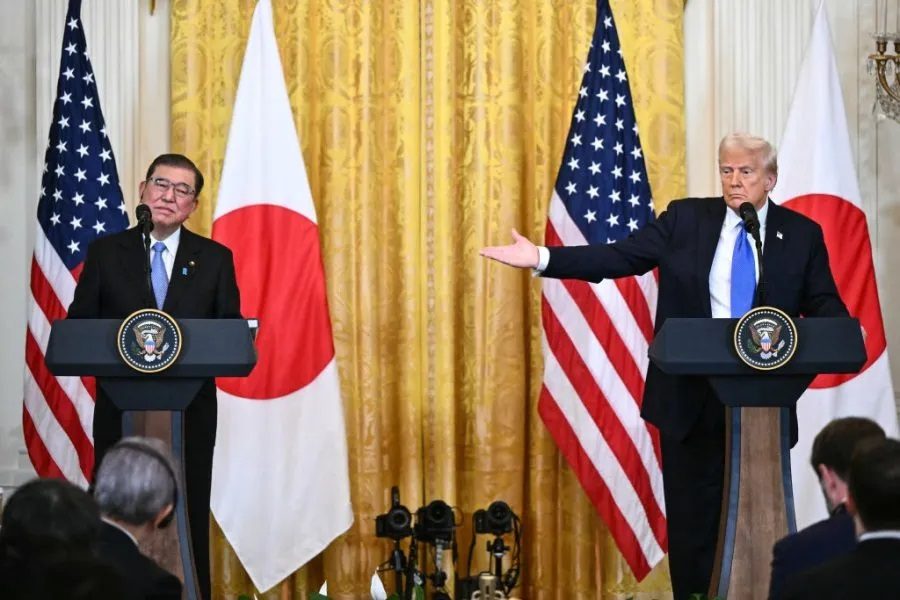







Leave a Reply